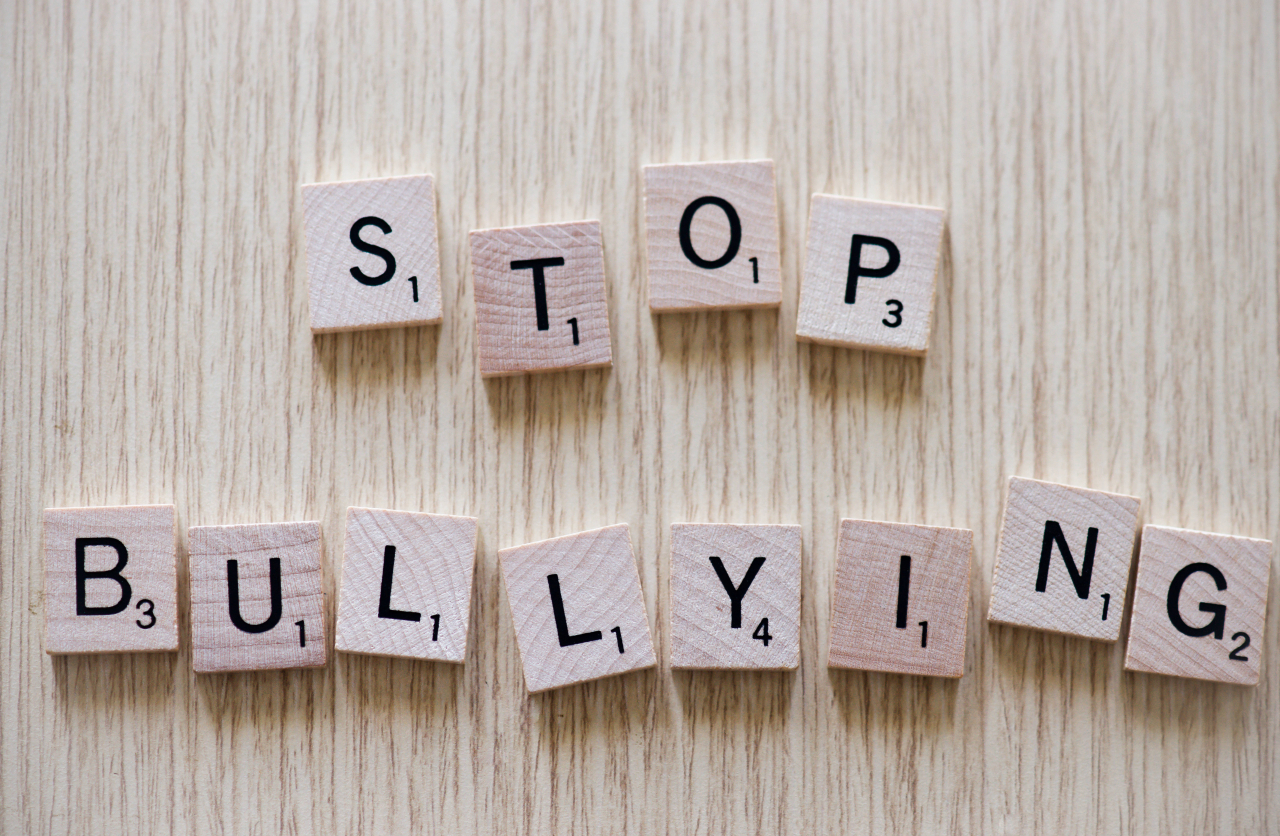 |
(123rf) |
The Education Committee of the National Assembly on Monday passed a revision bill that aims to help victims live a life free from bullying while recovering from school violence, as the country grapples with growing numbers of school bullying cases.
As part of the enhanced measures to tackle school bullying set out in the bill, shelters will be set up to help victims heal and recover from bullying and allow the heads of regional education offices to run special facilities to provide counseling for them.
The bill will require city and provincial superintendents of education to set up and operate specialized agencies and departments dedicated to providing integrated support, including legal advice for victims of school violence. School principals will be allowed to take emergency measures, such as separating the perpetrators from victims by moving them to different classes or even suspending them from school. If a victim requests it, cases will be reported to a deliberative committee that oversees preventing and dealing with school violence.
Cyberbullying will be added to the legal definition of school violence under the bill, which will also provide added protection for victims of online bullying. This includes support for removing footage of victims uploaded to social media by their tormentors.
Dubbed the "Chung Sun-sin Prevention Bill," it is actually a collection of 36 amendments to the Act on the Prevention of and Countermeasures against Violence in Schools that have been pending at the committee stage. The proposals also include measures to raise awareness about the consequences of bullying among young students, and increase punishment for the perpetrators of school violence.
The bill's nickname stems from Chung Sun-sin, a prosecutor-turned-lawyer who was President Yoon Suk Yeol’s first nominee for the head of the National Office of Investigation. He stepped down from the post after a school bullying controversy involving his son surfaced in February.
His son reportedly bullied his classmates during high school in 2017 and 2018, but wielded his father’s power and influence as he took legal action against the school to complain that the punishment he had been given was too harsh. Meanwhile, the students bullied by Chung’s son struggled to continue with their studies in Korea, according to local reports.
School bullying involving the children of high-profile figures has recently grabbed attention again as Lee Dong-kwan, who is being considered by Yoon to be the next head of the Korea Communications Commission, has also come under fire over allegations that his son bullied his fellow high school classmates in 2011 and 2012. Lee is a special adviser to the president in external relations.
Under Korean law, school violence refers to actions committed against students inside or outside of school premises resulting in a physical or mental injury or damage to property through various measures, including defamation, sexual violence, bullying and cyber-bullying.
According to data provided by the Education Ministry, the country experienced a sharp increase in school violence cases since 2017, when 31,000 cases were reported. A total of 62,000 school bullying cases were reported last year -- doubling from the figure five years ago.




![[Exclusive] Hyundai Mobis eyes closer ties with BYD](http://res.heraldm.com/phpwas/restmb_idxmake.php?idx=644&simg=/content/image/2024/11/25/20241125050044_0.jpg)
![[Herald Review] 'Gangnam B-Side' combines social realism with masterful suspense, performance](http://res.heraldm.com/phpwas/restmb_idxmake.php?idx=644&simg=/content/image/2024/11/25/20241125050072_0.jpg)

